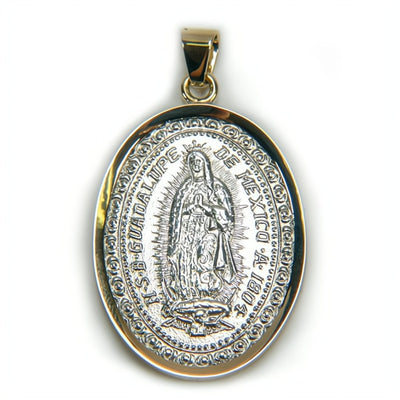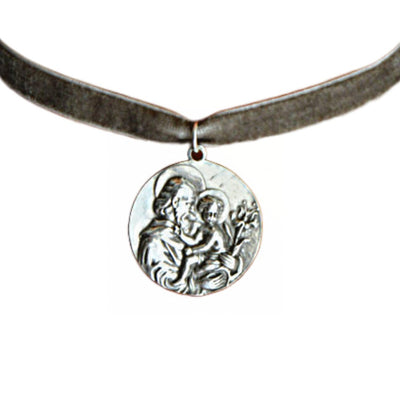Censorship Alarm Propels Catholic Book on ‘Toxic Feminism’ to Top of Amazon’s Feminist Theory List
Early last week, alarm bells were ringing across social media, with allegations that a Catholic book was being censored by Big Tech platforms. The book in question, Carrie Gress’ The Anti-Mary Exposed: Reclaiming the Culture from Toxic Feminism, had been taken down from a Catholic gift shop’s Facebook marketplace and Instagram accounts for violating undisclosed community standards.
Was this the latest instance of Big Tech shutting down dissenting voices? If so, it’d be ironic, given that a central point of Gress’ book is that elite women silence anyone who doesn’t agree with them.
After investigation, including a conversation with Juan-Carlos Valerio, the owner of Guadalupe Gifts, it doesn’t seem certain that there was any actual, intentional censorship. Products are routinely mis-identified by the algorithms responsible for screening out offensive and inappropriate content from social media platforms. For instance, Guadalupe Gifts had a necklace temporarily blocked from the online marketplace after the algorithm likely mistook the off-white background to be exposed human skin. Though Valerio noted that it was strange that Facebook and Instagram blocked Gress’ book three months after it had already been posted, he didn’t think there was enough evidence that the book had been specifically targeted, and was going through the proper channels to get it reinstated.
But one thing’s for sure: even the hint that a Catholic voice was being censored online was enough to garner significant attention — and also boost sales. The Anti-Mary Exposed shot up Amazon’s best-sellers ranks, at one time reaching No. 241 overall. It even topped the genre list for “feminist theory,” ahead of I Hate Men and another book with a scandalous depiction of Our Lady of Guadalupe as its cover.
“So, you know, it’s quite the juxtaposition,” Gress, who has a doctorate in philosophy and has authored or co-authored eight books, told the Register.
And that wasn’t the end of the story. The same day The Anti-Mary Exposed was selling like hotcakes, the option to purchase it on Amazon was temporarily removed — with no indication of when the book would be back in stock. Customers could purchase the book at third-party distributors, and the book’s publisher, TAN Books, actually sold out of its inventory.
Here, too, were questions, but no proof, of any concerted effort to censor the work — but Gress found it a little fishy.
“It could be an inventory problem, it could be a glitch, but it’s a little bit too weird. It raises a lot of eyebrows.”
Whether or not The Anti-Mary Exposed was the target of intentional censorship, the powerful response from Catholics indicates that something along those lines is believable in today’s environment — and for good reason. Catholic and religious conversative causes have faced a “scary pattern” of censorship from social media giants like Twitter and Facebook. Some have chalked up these kinds of exclusions to algorithmic misfires, not human bias, but as the algorithms are the product of human engineers — most of whom are progressive and non-religious — it raises questions about what kinds of biases may be already hardwired into gatekeeping protocols.
And while the companies in question are privately held, they effectively operate as today’s public square, creating a compelling reason to ensure that they’re not intentionally dismissing certain voices from the conversation.
Regarding her own situation, Gress said that while she’s grateful her book’s message has been amplified by the social media mix-ups, she’s hopeful that her concerns about censorship are ultimately unfounded.
“It’s scary because it doesn’t bode well for other books, either, if there’s this impunity about being able to just scratch things from platforms. It’s pretty scary.”




















Leave a comment